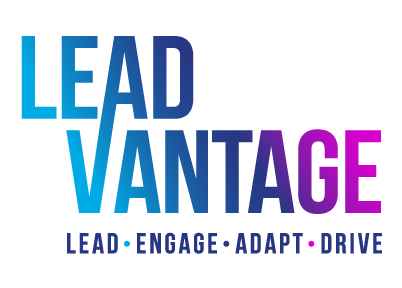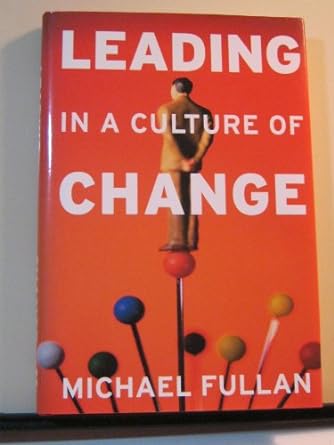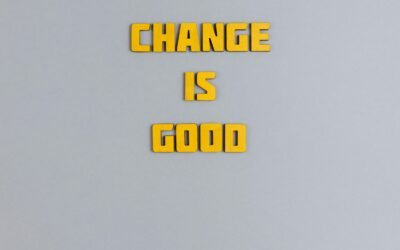In today’s fast-paced and ever-evolving world, leadership isn’t just about making decisions; it’s about navigating complexity and driving change in a culture that is constantly in flux. Michael Fullan’s book, “Leading in a Culture of Change,” offers invaluable insights into the intricacies of leadership in modern times. As Fullan puts it:
“We demand that leaders solve, or at least manage, a multitude of interconnected problems that can develop into crises without warning…”.
Leadership, according to Fullan, isn’t about finding easy answers. Instead, it’s about embracing complexity and understanding that there are no one-size-fits-all solutions. Leaders must be competent, mobilize others to confront challenges, and foster an environment where problems are addressed collectively.
Fullan’s framework for leadership encompasses five essential themes: moral purpose, understanding change, relationship building, knowledge creation and sharing, and coherence making. Each theme (and chapter) sheds light on a different aspect of effective leadership in today’s dynamic landscape.

Moral Purpose:
Moral purpose means acting with the intention of making a positive difference in the lives of employees, customers, and society as a whole. It’s about doing the right thing for the right reasons and treating others well and fairly. Without moral purpose, leaders risk being without followers.
Questions to ponder:
- What does moral purpose mean to you in your leadership role?
- How can you align your actions with a deeper sense of moral purpose in your organization?
Understanding Change:
Fullan emphasizes that understanding the change process is elusive. Effective leaders appreciate that change is a process, not an event. They recognize early difficulties, redefine resistance as a potential positive force, and understand that re-culturing is crucial. Change is never a checklist; it’s always complex and ongoing.
Questions to ponder:
- How do you perceive change within your organization – is it viewed as an event or a process?
- How can you redefine resistance as a positive force for change within your team or organization?
Relationships:
Fullan’s research reveals that successful change initiatives hinge on improved relationships. Leaders must be adept at building relationships with diverse people and groups. When relationships improve, progress follows; when they stagnate or deteriorate, ground is lost.
Questions to ponder:
- What steps can you take to enhance relationships within your team or organization?
- How do you navigate and bridge potential divides between different groups or stakeholders?
Knowledge Building:
Creating and sharing knowledge requires a collaborative culture. Fullan stresses the importance of a professional learning community where knowledge exchange is fueled by moral commitment and favorable dynamics of change. Turning information into knowledge is a social process facilitated by strong relationships.
Questions to ponder:
- How can you foster a culture of knowledge sharing and collaboration?
- What strategies can you implement to encourage ongoing learning and development among your team members?
Coherence Making:
Effective leaders help make sense of the “messiness” that accompanies change. Fullan recognizes hidden benefits in chaos—creative ideas and novel solutions emerge when the status quo is disrupted. Coherence making involves timing; leaders must know when to disturb and when to cohere, employing strategies for both actions.
Questions to ponder:
- How do you embrace and navigate the inherent messiness of change?
- What strategies can you employ to foster coherence and clarity amidst complexity?
As we reflect on Fullan’s insights, it becomes clear that effective leadership is a multifaceted endeavour that requires adaptability, empathy, and a commitment to continuous learning.
How do you lead in a culture of change?

If you’re inspired to delve deeper into the principles of leadership outlined by Michael Fullan, consider reaching out to Lead Vantage for further guidance, coaching, and training. Lead Vantage offers a wealth of resources and expertise to help you build the culture you aspire to lead. Book a free consultation today and take the first step towards realizing your leadership potential.
In a world marked by complexity and uncertainty, embracing the principles of effective leadership is more crucial than ever. Let us embark on this journey together, navigating change and shaping a future defined by purpose, collaboration, and coherence.




